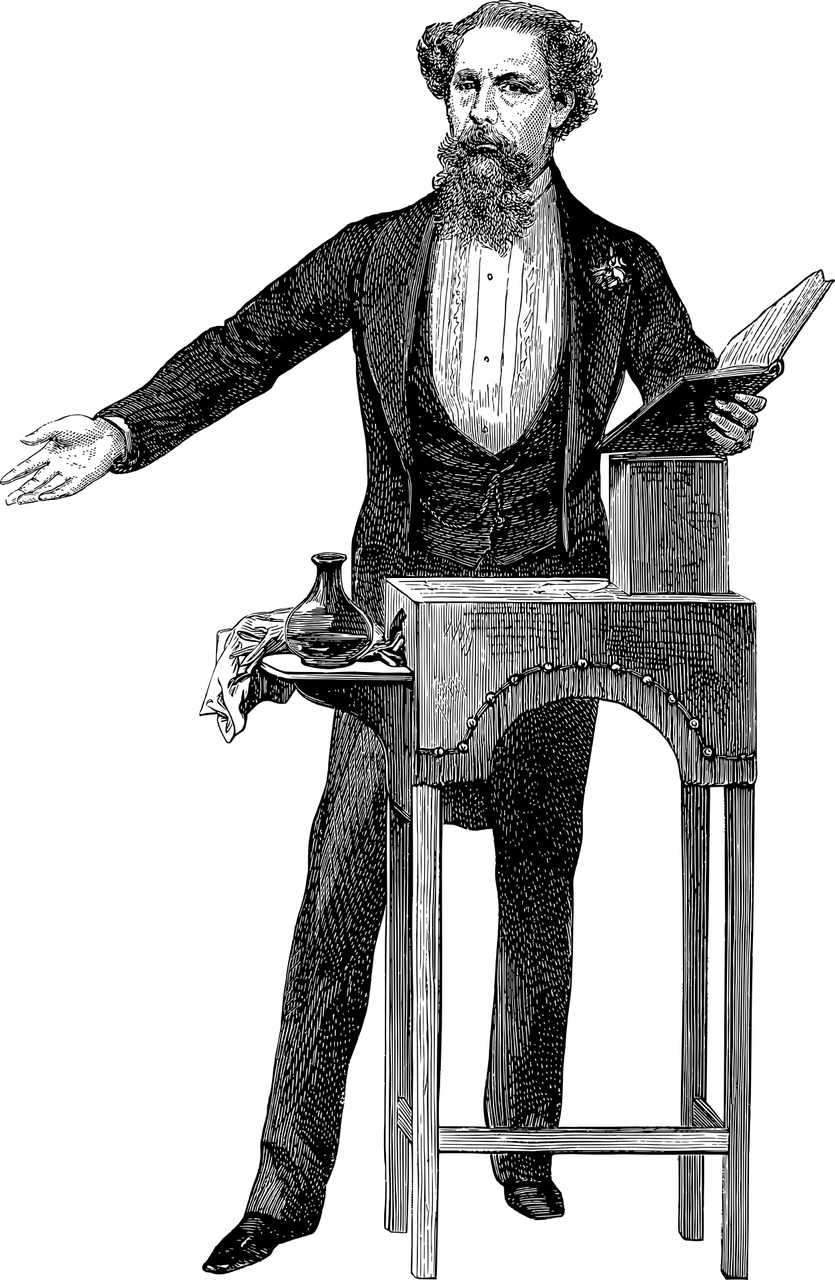Homers Odyssey: A Journey Through Time and Literature

Introduction:
Homer’s Odyssey is one of the most celebrated and influential epic poems in the history of Western literature. Written by the ancient Greek poet Homer, it tells the captivating story of Odysseus and his ten-year struggle to return home after the Trojan War. In this article, we will delve into the depths of this remarkable piece of literature, exploring its historical significance, narrative structure, and enduring legacy.
Homer’s Odyssey: An Overview:

The Odyssey is an epic poem composed in Ancient Greece, believed to have been written in the 8th century BCE. It consists of 24 books, known as “rhapsodies,” which unfold a complex and captivating narrative. The poem opens with Odysseus, the king of Ithaca, still trapped on the island of Ogygia after the Trojan War. The gods decide to intervene, and the story takes us on a journey through various mythical lands, encounters with monsters, temptations, and ultimately, Odysseus’ triumphant return home.
Understanding Themes and Symbolism:
The Odyssey is a literary masterpiece that delves into profound themes and employs rich symbolism. It explores the concepts of heroism, perseverance, cunning, and the nature of humans and gods. Throughout the narrative, the protagonist Odysseus faces numerous challenges, ranging from the treacherous Scylla and Charybdis to the seductive temptations of the Sirens. These trials serve as allegories for the human condition, illustrating the struggle between desire and duty, and the importance of self-discipline and self-knowledge.
Evolution and Influence:
Over time, the Odyssey has undergone significant transformations and has remained a source of inspiration for countless works of art, literature, and pop culture. Initially, it was recited orally, with bards performing it in public gatherings, spreading its influence across ancient Greece. Later, it was transcribed into writing, allowing it to be preserved and passed down through generations.
Throughout history, the Odyssey has been translated into numerous languages, ensuring its accessibility to a wider audience. Some notable translations include those by T.E. Lawrence, Robert Fagles, and Emily Wilson. Its influence extends far beyond ancient Greek literature, with references and adaptations found in Shakespearean plays, contemporary novels such as James Joyce’s “Ulysses,” and even in popular films like “O Brother, Where Art Thou?”
The Odyssey as a Featured Snippet on Google:
To increase the likelihood of the Odyssey appearing as a featured snippet on Google, we have structured this article with the following bullet points:
1. “”
– Introduction to the article’s topic
2. “Homer’s Odyssey: An Overview”
– Summary of the epic poem’s composition, structure, and narrative
3. “Understanding Themes and Symbolism”
– Exploration of the profound themes and symbolism within the Odyssey
4. “Evolution and Influence”
– Historical overview of how the Odyssey has evolved and its enduring cultural impact
Conclusion:
Homer’s Odyssey stands as a testament to the power of storytelling and its ability to transcend time and culture. From its origins in Ancient Greece to its continued influence in contemporary literature and art, this epic poem has captivated audiences for centuries. It serves as a reminder of the human struggle, highlighting the triumph of the human spirit amidst adversity. So delve into the world of Odysseus, and embark on a journey that promises profound insights and timeless wisdom.





